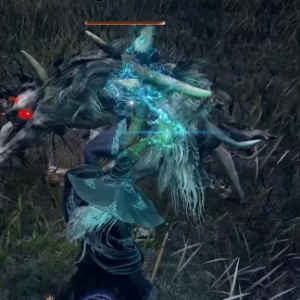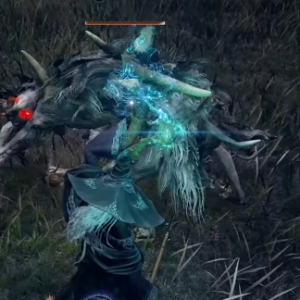4. Key Scenarios for Switching Between Mercy and Wrath
The Tactician’s Choice: Let’s say you’re in the midst of a naval battle with a strong fleet, but you notice one ship is trying to escape. You can pursue it with wrath, but if it's a merchant vessel with valuable cargo, mercy could pay off. Let them go, and the next time you cross paths, they may offer you better terms or valuable information.
The Betrayal: You show mercy to a foe only to Skull and Bones Items have them betray you later. In this case, wrath is the only proper response, and you must make sure everyone who witnessed your mercy understands the consequences of crossing you.
The Alliances and the Rivalries: If a rival pirate becomes an ally (perhaps through a temporary truce or mutual need), a period of mercy may make sense. However, once you’re strong enough, or they turn against you, wrath is your way to show that alliances are not to be taken lightly.
5. Conclusion: Mastering the Balance
Ultimately, the art of switching between mercy and wrath is about strategic balance. Mercy can secure your position as a pirate of honor, wisdom, and clemency. It’s about knowing when a lesser enemy can be spared for a future advantage or when their defeat will serve to make a strong point. On the other hand, wrath ensures that you’re seen as a pirate who doesn’t hesitate to pursue their goals with force, leaving little room for retaliation.
The Tactician’s Choice: Let’s say you’re in the midst of a naval battle with a strong fleet, but you notice one ship is trying to escape. You can pursue it with wrath, but if it's a merchant vessel with valuable cargo, mercy could pay off. Let them go, and the next time you cross paths, they may offer you better terms or valuable information.
The Betrayal: You show mercy to a foe only to Skull and Bones Items have them betray you later. In this case, wrath is the only proper response, and you must make sure everyone who witnessed your mercy understands the consequences of crossing you.
The Alliances and the Rivalries: If a rival pirate becomes an ally (perhaps through a temporary truce or mutual need), a period of mercy may make sense. However, once you’re strong enough, or they turn against you, wrath is your way to show that alliances are not to be taken lightly.
5. Conclusion: Mastering the Balance
Ultimately, the art of switching between mercy and wrath is about strategic balance. Mercy can secure your position as a pirate of honor, wisdom, and clemency. It’s about knowing when a lesser enemy can be spared for a future advantage or when their defeat will serve to make a strong point. On the other hand, wrath ensures that you’re seen as a pirate who doesn’t hesitate to pursue their goals with force, leaving little room for retaliation.
As a pirate, you are a master of your fate and must constantly choose whether to instill fear or inspire loyalty through your actions. Knowing when to Skull and bones items for sale online balance mercy with wrath, and when to shift between the two, will make you the most feared and respected figure on the high seas.
Do you think you’d prefer more of a reputation based on wrath, or would you lean towards strategic mercy to build alliances?







